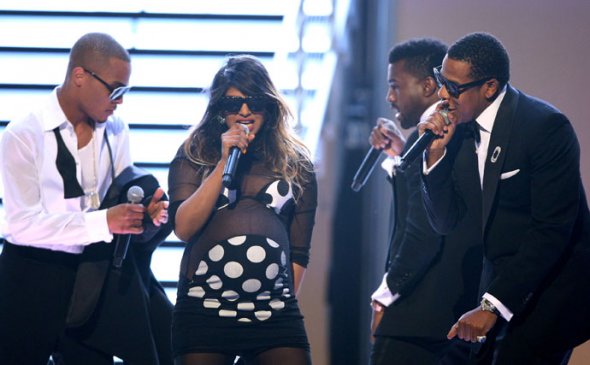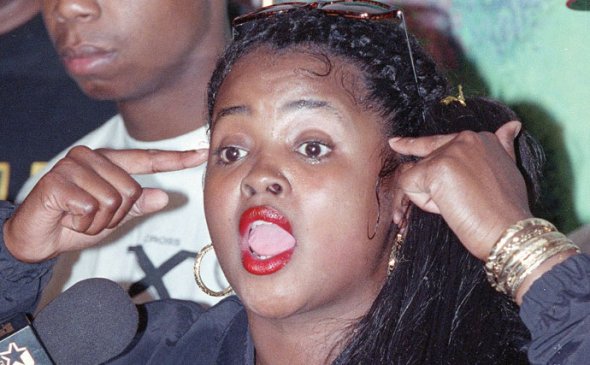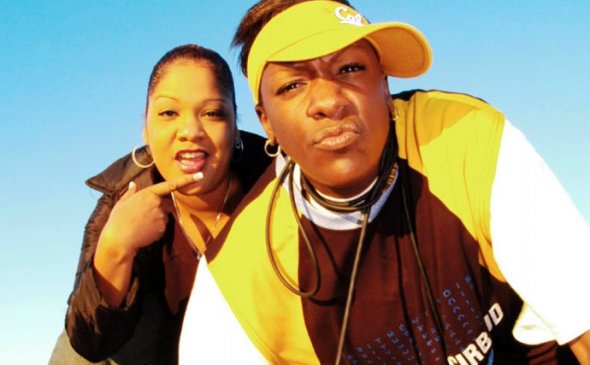
Where are the Ladies?
As hip-hop is expanding its paradigm for what is normative and authentic, women should be encouraged to create their own niches and define their music and their images outside of the archetypes that have traditionally been placed before them.


